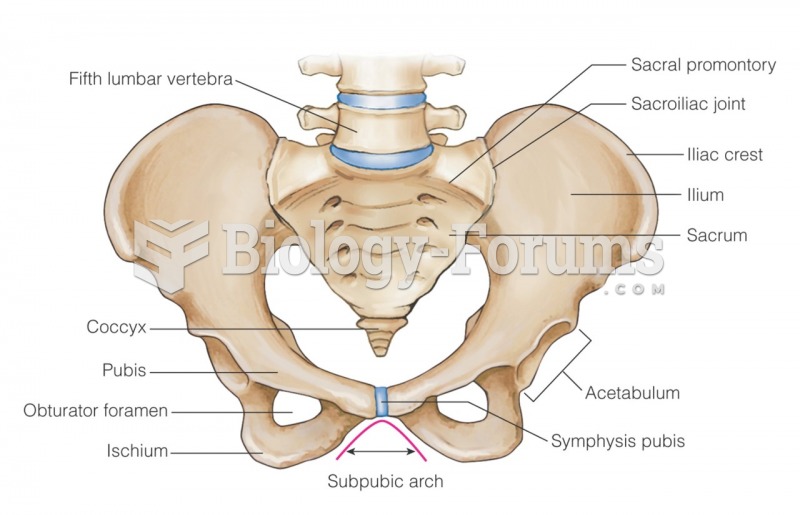|
|
|
The first oncogene was discovered in 1970 and was termed SRC (pronounced "SARK").
Human stomach acid is strong enough to dissolve small pieces of metal such as razor blades or staples.
In Eastern Europe and Russia, interferon is administered intranasally in varied doses for the common cold and influenza. It is claimed that this treatment can lower the risk of infection by as much as 60–70%.
Earwax has antimicrobial properties that reduce the viability of bacteria and fungus in the human ear.
Signs of depression include feeling sad most of the time for 2 weeks or longer; loss of interest in things normally enjoyed; lack of energy; sleep and appetite disturbances; weight changes; feelings of hopelessness, helplessness, or worthlessness; an inability to make decisions; and thoughts of death and suicide.







